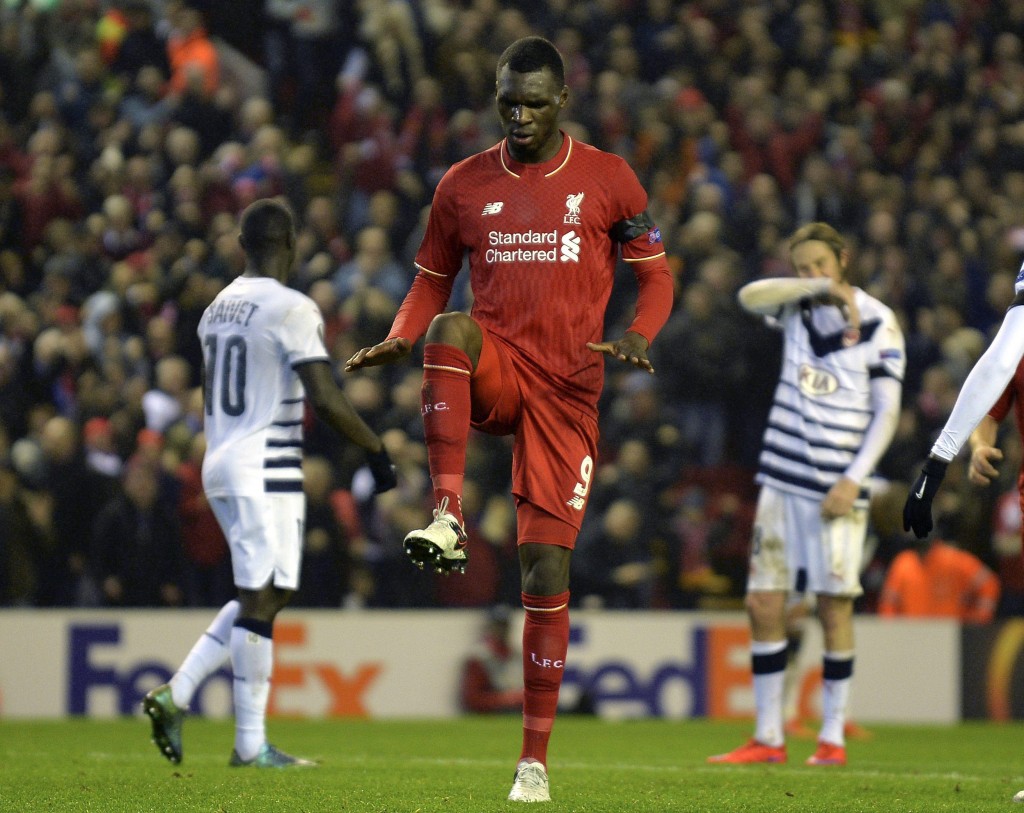Following Benteke’s explosive comments on Jurgen Klopp after an eventful weekend that saw the German manager publicly telling off the Belgian, TheHardTackle looks at the possible impact, positive and negative, of the German’s actions.
Klopp was criticised for his very public telling off of Benteke by Match of the Day pundits Alan Shearer and Danny Murphy. However, the likes of John Barnes have praised the manager for the same, with debates on social media raging on in favour of both opinions.
Here’s a look at both sides of the discussion.
Klopp is right, Benteke needs to be told off
Christian Benteke’s misses have cost Liverpool significant points, and have played a considerable role in knocking them out of competitions. The forward’s latest miss, following the cup loss to West Ham where he also missed a host of chances, came against Southampton in the weekend. Benteke missed a one-on-one when Liverpool were 2-1 up, as they went on to lose 3-2 against the Saints.
Benteke’s price tag and his skills which come through in patches, indicate that he is underperforming, and needs to stop missing chances on a regular basis. Some believe that he needs a telling off to get him fired up. Klopp’s public bashing of the Belgian is likely to hurt his ego, pressing him into action and making him more determined to prove the German wrong.
It also indicates to the rest of the squad that Klopp will not accept players not putting their best foot forward, whether it is with regards to their attitude and work-ethic in general, or their performances on the field.
Liverpool needs a manager who no longer accepts mediocrity, and even if Benteke does not take kindly to this, he is still likely to fetch a good price for himself with the likes of West Ham already expressing interest.
Klopp’s lack of emotional control is a dangerous sign
Benteke was hardly the worst player on the pitch against Southampton, with Martin Skrtel easily winning that accolade by playing a hand in each of the four mistakes that led to Southampton scoring thrice as well as missing a penalty.
Despite that, there was no public telling off of Martin Skrtel. Neither were Jon Flanagan, Emre Can, or Simon Mignolet on the receiving end of such harsh criticism, with each of them also playing a hand in the loss.
Klopp’s tendency of letting his emotions get the better of him can prove harmful in the long run. Sure, a manager can criticise a player publicly. He can be forgiven for doing so if the player displays a negative attitude or inadequate effort and interest. But one expects the manager of a club to have enough reserve to criticise his players privately for making mistakes on the pitch. Many have argued that there was little need to reprimand Benteke in public the way Klopp did, especially when the player’s work ethic or attitude were not called into question.
Now, as a manager, how this can harm the squad is:
Benteke surely has friends in the squad who will not accept such behaviour from the manager over a miss on the pitch. Even if Benteke is not that popular a player, this tendency to flare up can get Klopp in trouble if he does the same with a more popular one. Other players in the squad may still question the need to criticise a player publicly for missing a chance, irrepective of Benteke’s popularity. Subsequently, they might all fear making mistakes. Thereby, it may have an impact on the team’s performance over the long term.
When has Mourinho, Pep, Ferguson, Wenger, Ancelotti, Simone or any top manager criticised a player publicly over an issue not related to attitude or work-ethic in such a manner? If at all a player was reprimanded publicly, it was always either for the lack of the right attitude (professionalism, teamwork etc) or hard work.
Managers must call out their players when they make a mistake, but ranting at them on the pitch after a game in front of their own fans can do more harm than good. Even Klopp has admitted that his emotions can sometimes get the better of him, and this seems to have been one such occasion.
